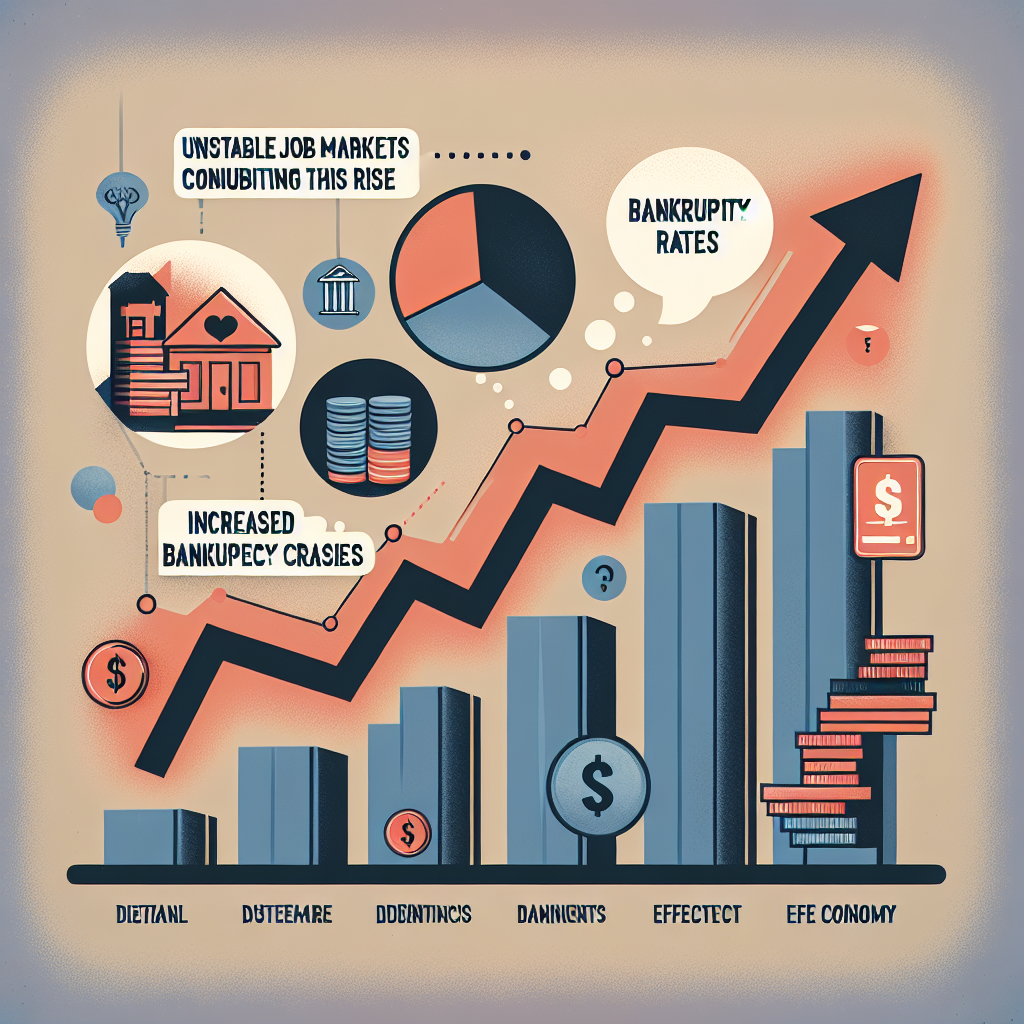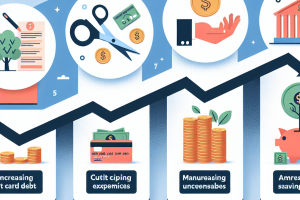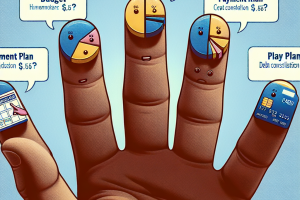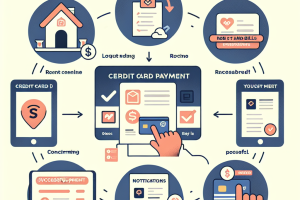
In recent times, there’s been a noticeable uptick in credit card delinquencies, capturing the attention of financial analysts and everyday consumers alike. This trend has far-reaching implications, not just for those directly impacted but also for the larger economy. Understanding the reasons behind the surge and what it means for your personal finances can help you navigate this increasingly complex financial landscape.
The Surge in Credit Card Delinquencies Explained
Over the past few years, credit card delinquencies have been on the rise, and several factors are contributing to this worrying trend. One of the primary reasons is the increased cost of living. With prices for essentials like housing, healthcare, and groceries climbing steadily, many consumers find themselves stretched too thin. As a result, they’re relying more heavily on credit cards to make ends meet, but when the bills come due, they’re unable to pay them off in full, leading to delinquencies.
Another significant factor is the state of the job market. While unemployment rates have fluctuated, many individuals are finding themselves in jobs that don’t offer financial stability or growth. Gig economy jobs, while providing some income, often lack benefits and consistent pay. This unpredictability makes it difficult for individuals to manage their debt responsibly. When an unexpected expense arises, like a medical emergency or car repair, people might find themselves unable to meet their credit card payments, pushing them into delinquency.
Lastly, rising interest rates have made it more expensive to carry a balance on credit cards. The Federal Reserve has been incrementally increasing interest rates to combat inflation, but this has a direct impact on credit card holders. Higher interest rates mean higher minimum payments, and for those already struggling, this can be the tipping point that leads to missed payments and delinquencies.
The Impact of Rising Delinquencies on Your Finances
If you’re among those who are struggling with credit card debt, rising delinquencies can have a direct impact on your financial health. The most immediate effect is on your credit score. Payment history is a significant factor in credit scoring models, and missed or late payments can cause your score to drop. A lower credit score can make it more difficult to secure loans or get favorable interest rates on mortgages and car loans, creating a cycle of financial difficulty.
Moreover, credit card companies tend to respond to rising delinquencies by tightening their lending criteria. This means that getting approved for new credit becomes more challenging, and the credit limits on existing accounts may be reduced. If you’re relying on credit cards to manage cash flow, this can be particularly problematic. Reduced credit availability can lead to higher credit utilization rates, which further harms your credit score and limits your financial flexibility.
In the broader economic sense, rising credit card delinquencies can signal trouble ahead. High levels of consumer debt and increasing delinquency rates can be indicators of economic stress. If too many people are unable to meet their financial obligations, it can lead to reduced consumer spending, which is a critical driver of economic growth. This can create a ripple effect, leading to slower economic growth and potentially even a recession.
With credit card delinquencies on the rise, it’s crucial for individuals to take proactive steps to manage their finances. Understanding the underlying factors contributing to this trend and its potential impact on your financial health can help you make more informed decisions. Whether it’s creating a budget, seeking debt counseling, or exploring alternative income sources, taking action now can help you avoid the pitfalls of rising delinquencies. Remember, financial challenges are a part of life, but with the right strategies, you can navigate through them and come out stronger on the other side.



